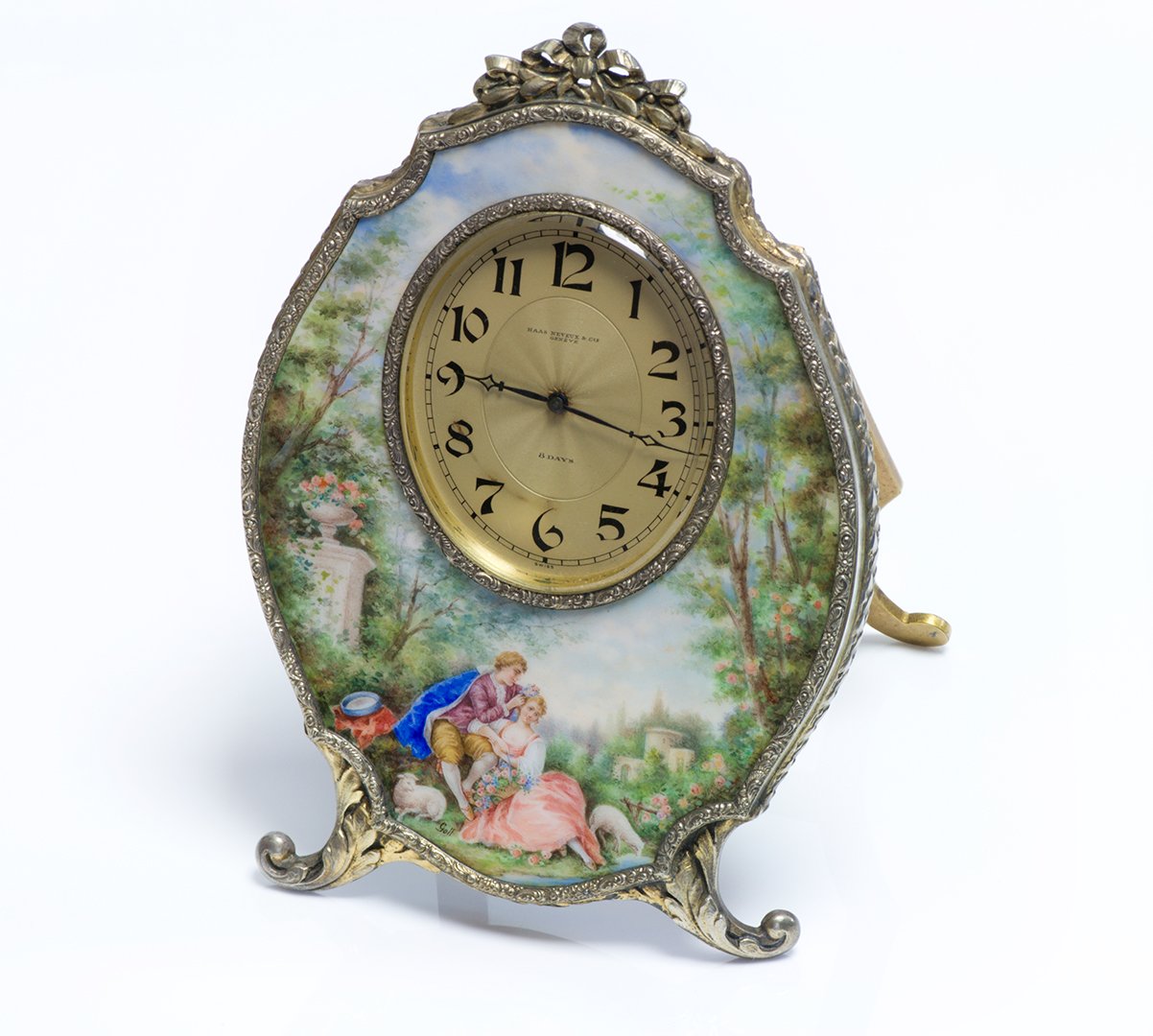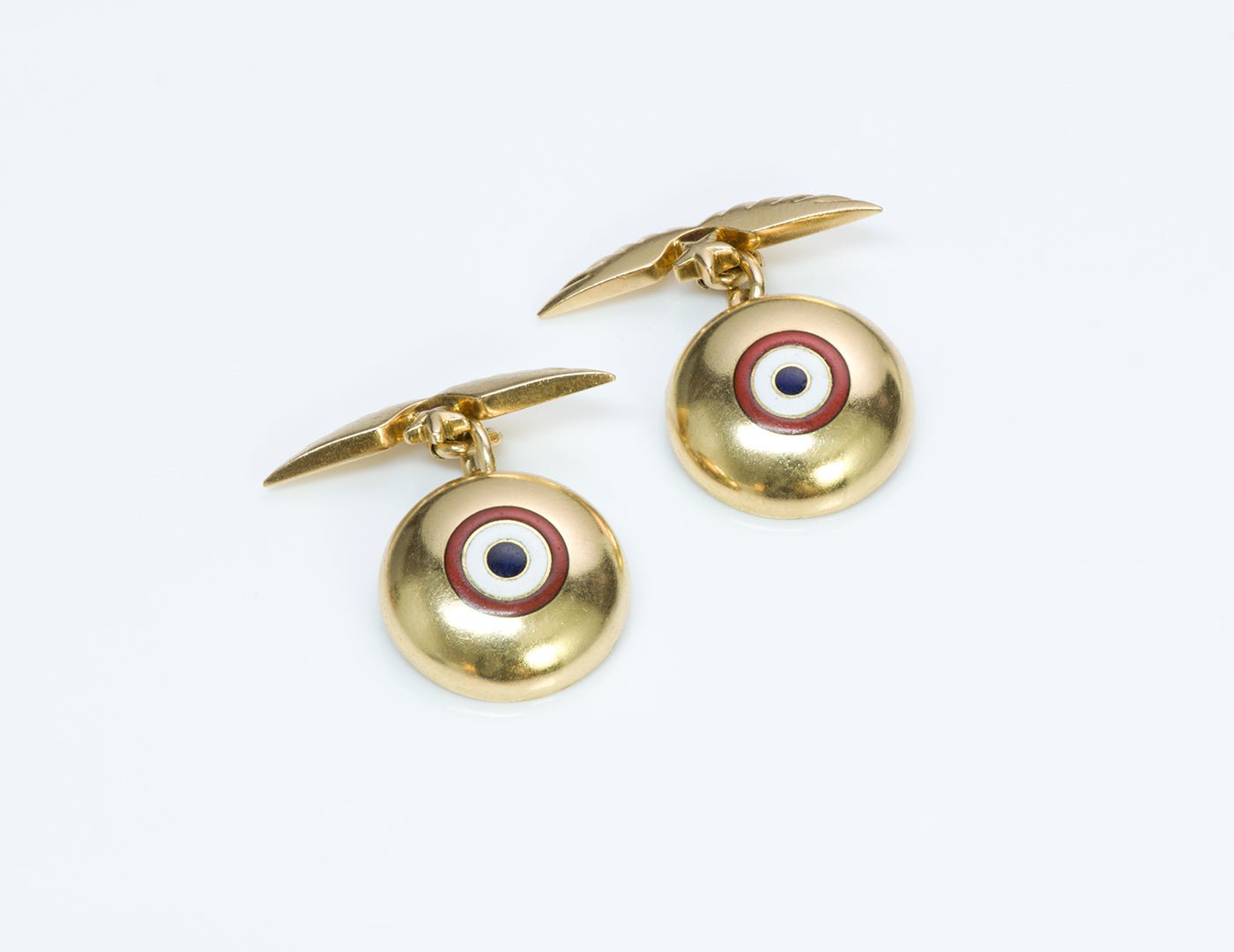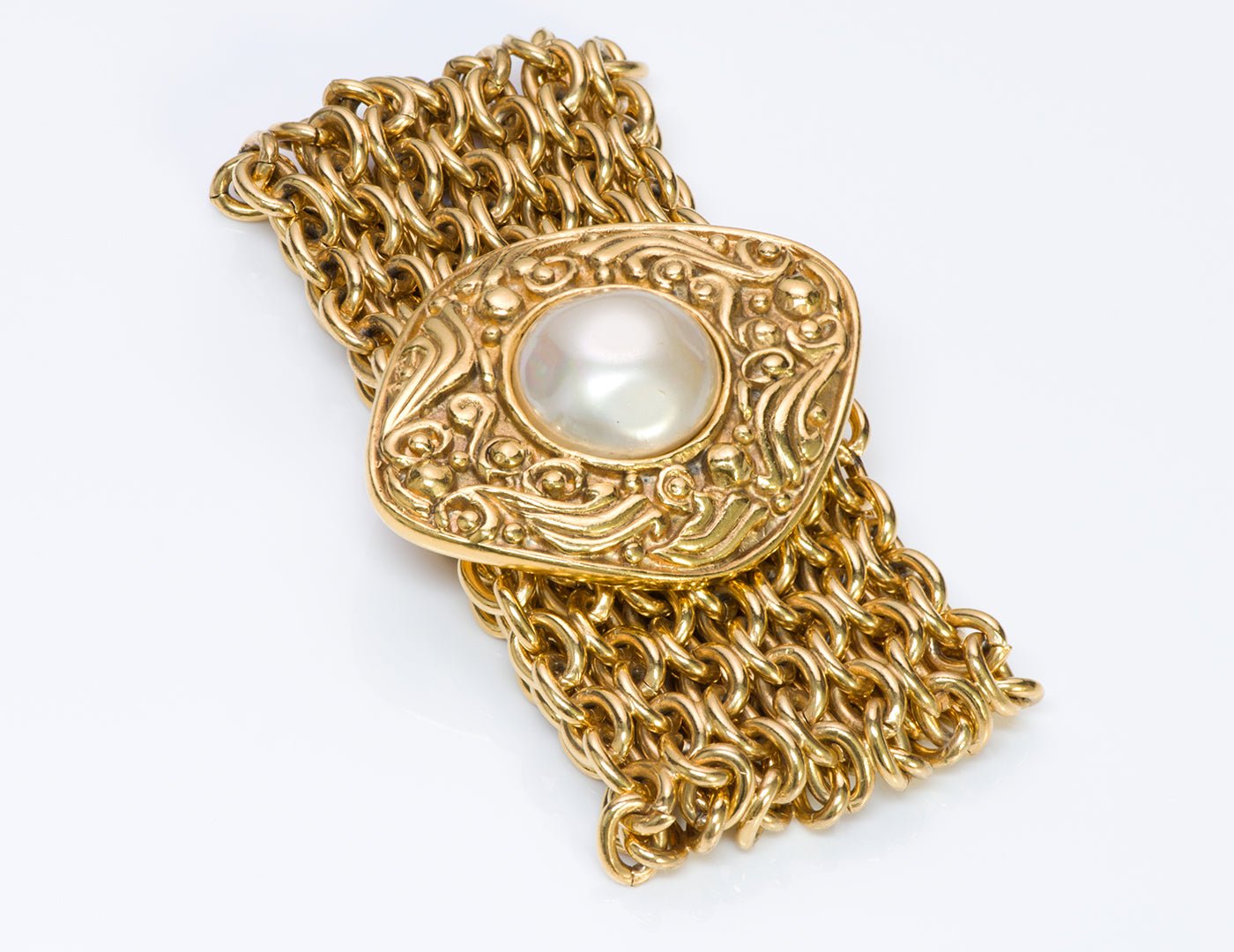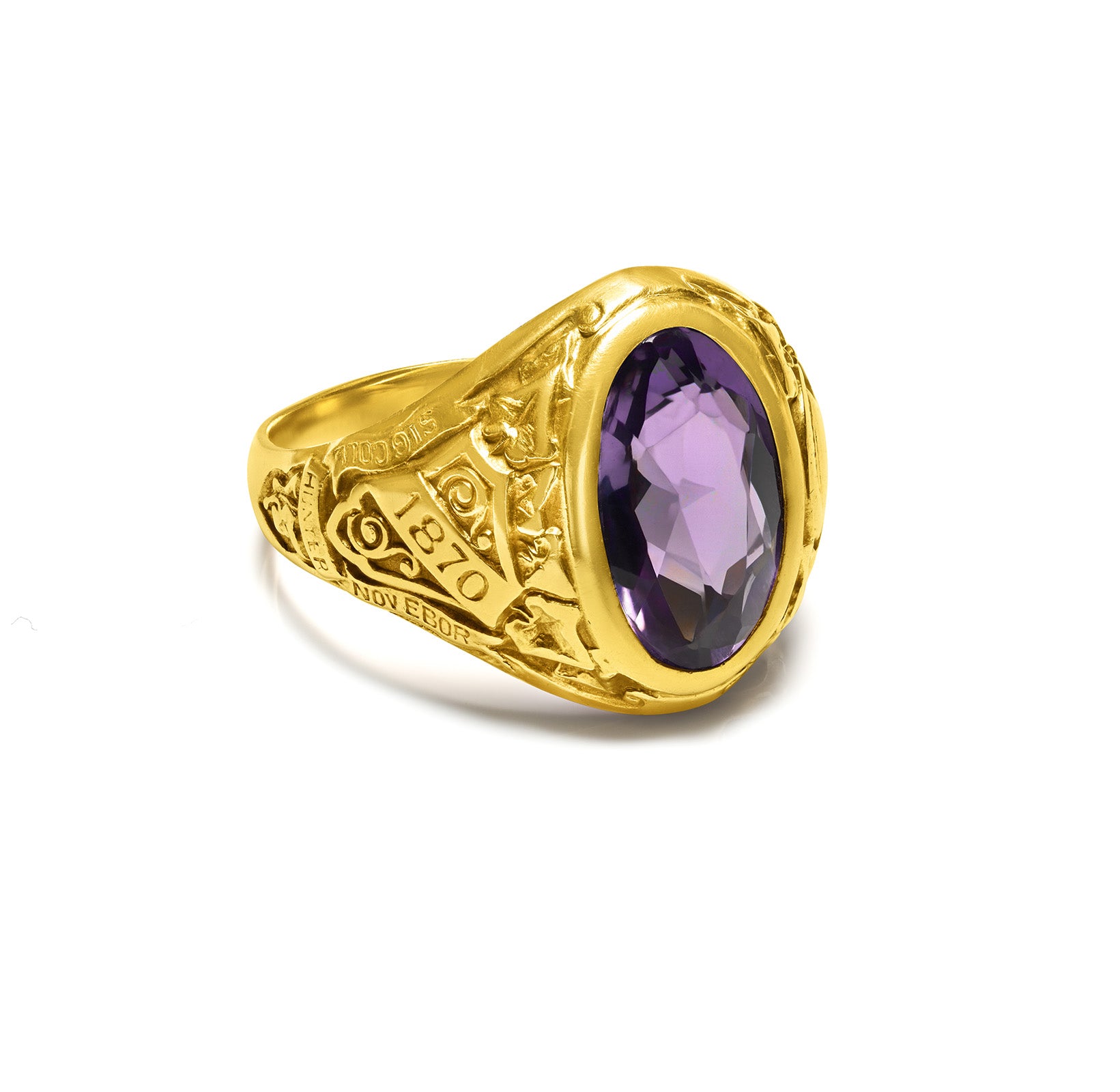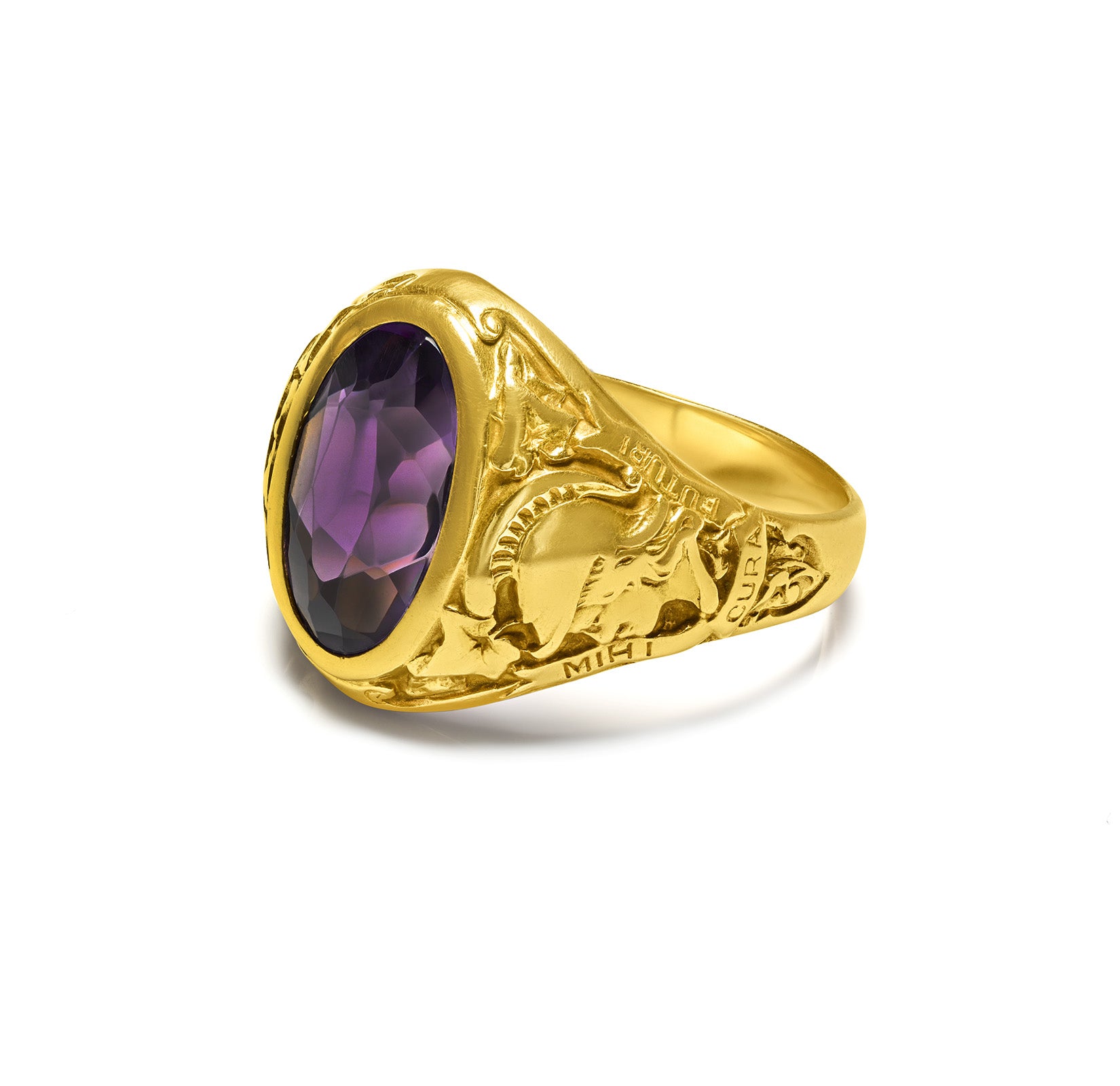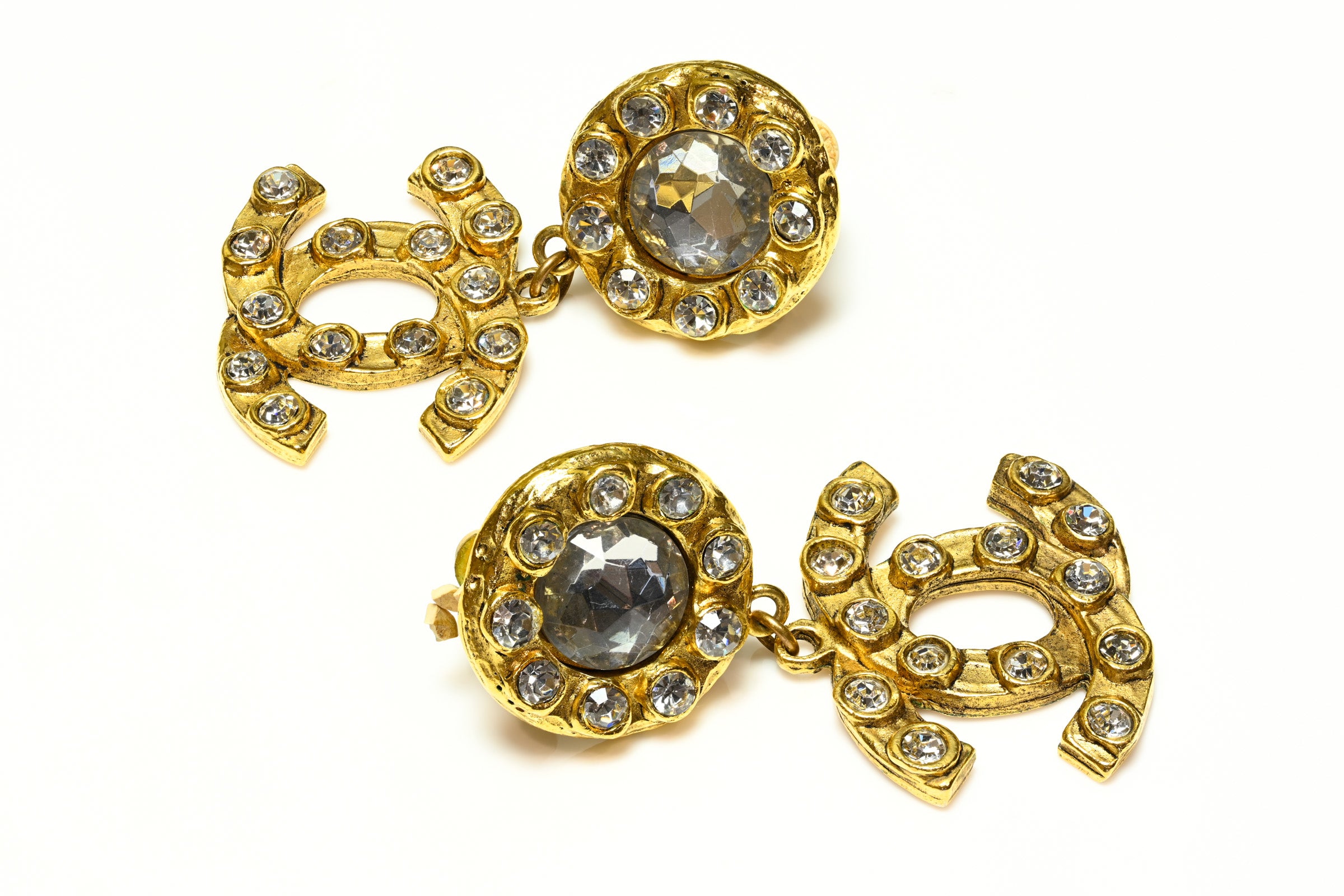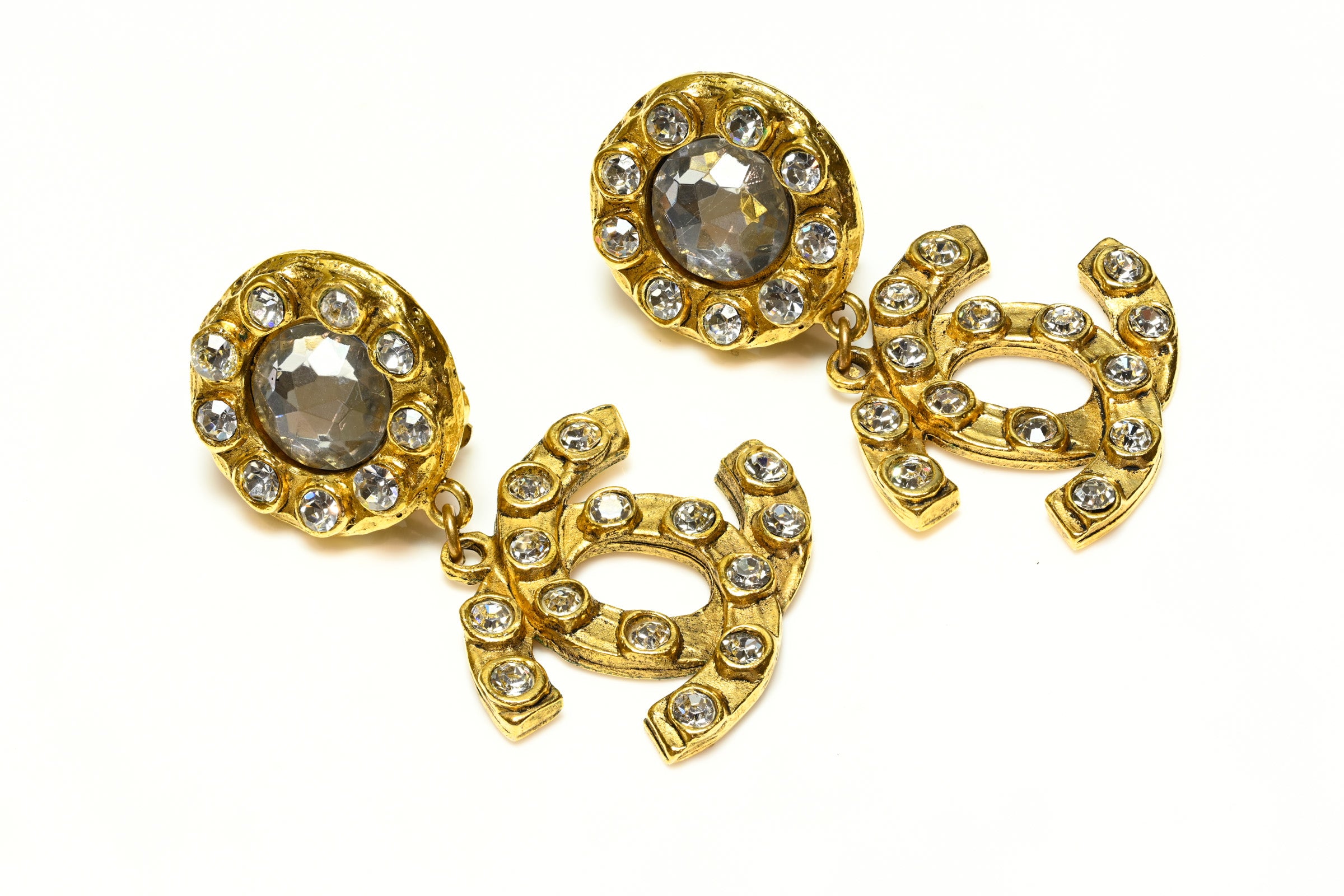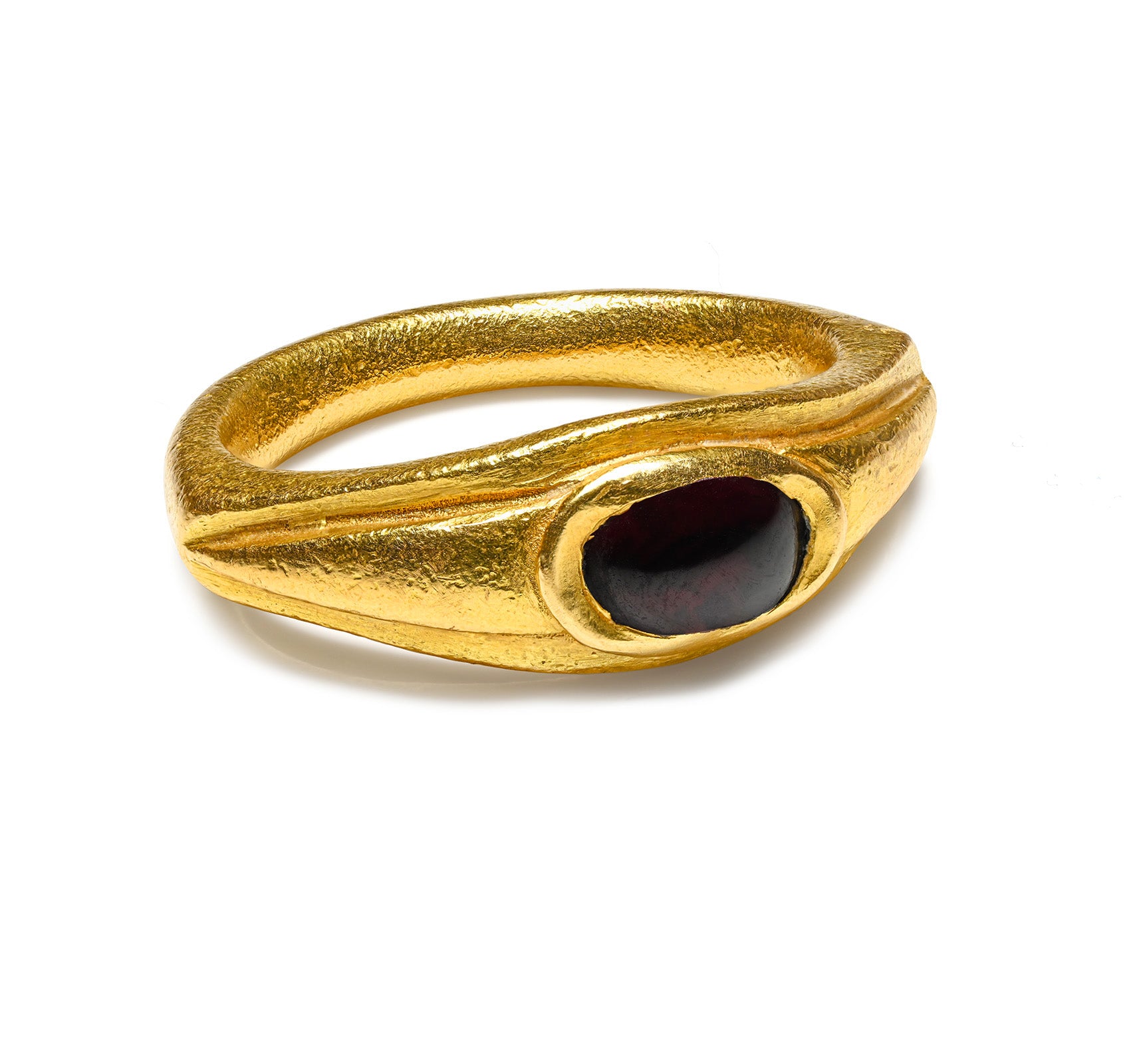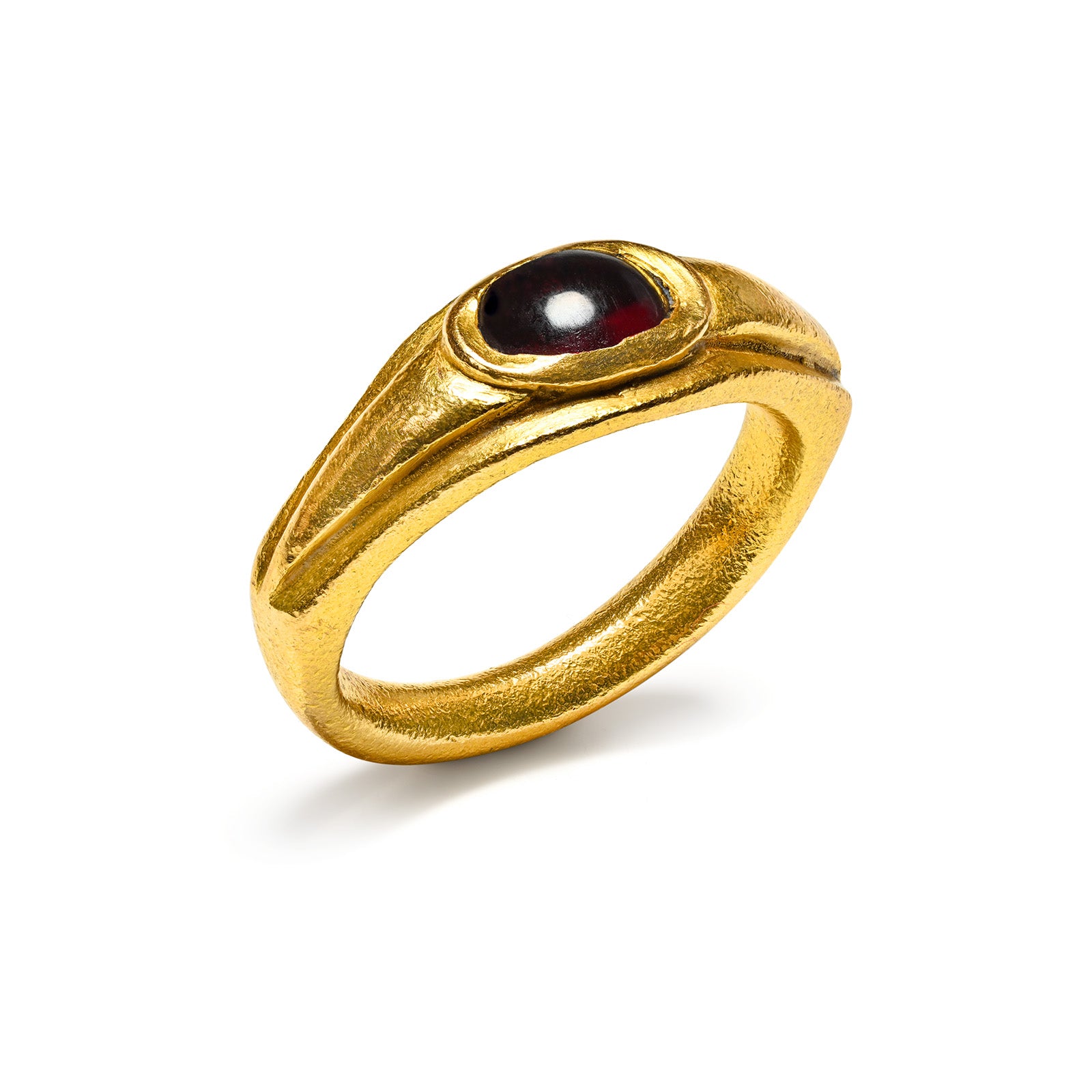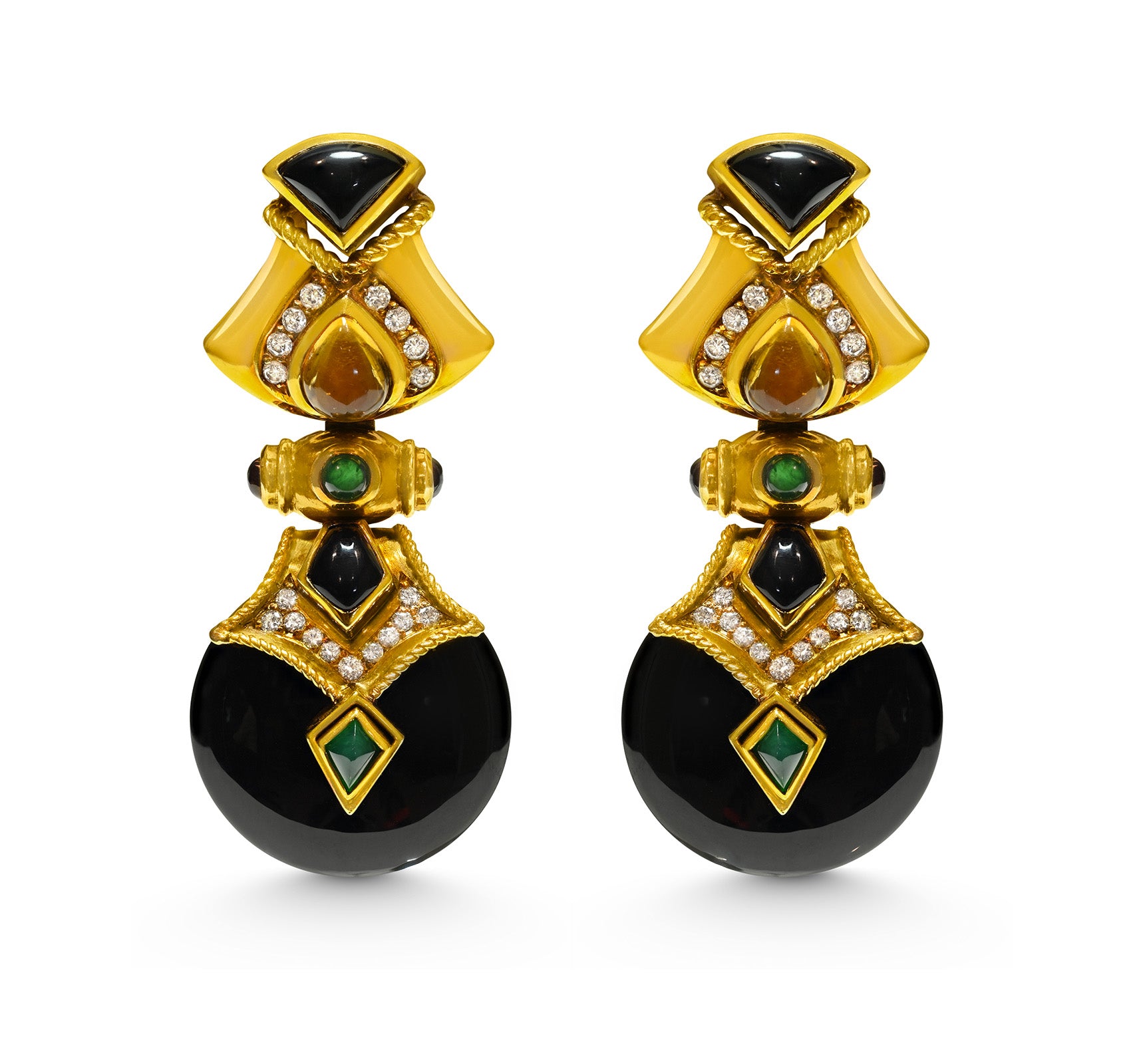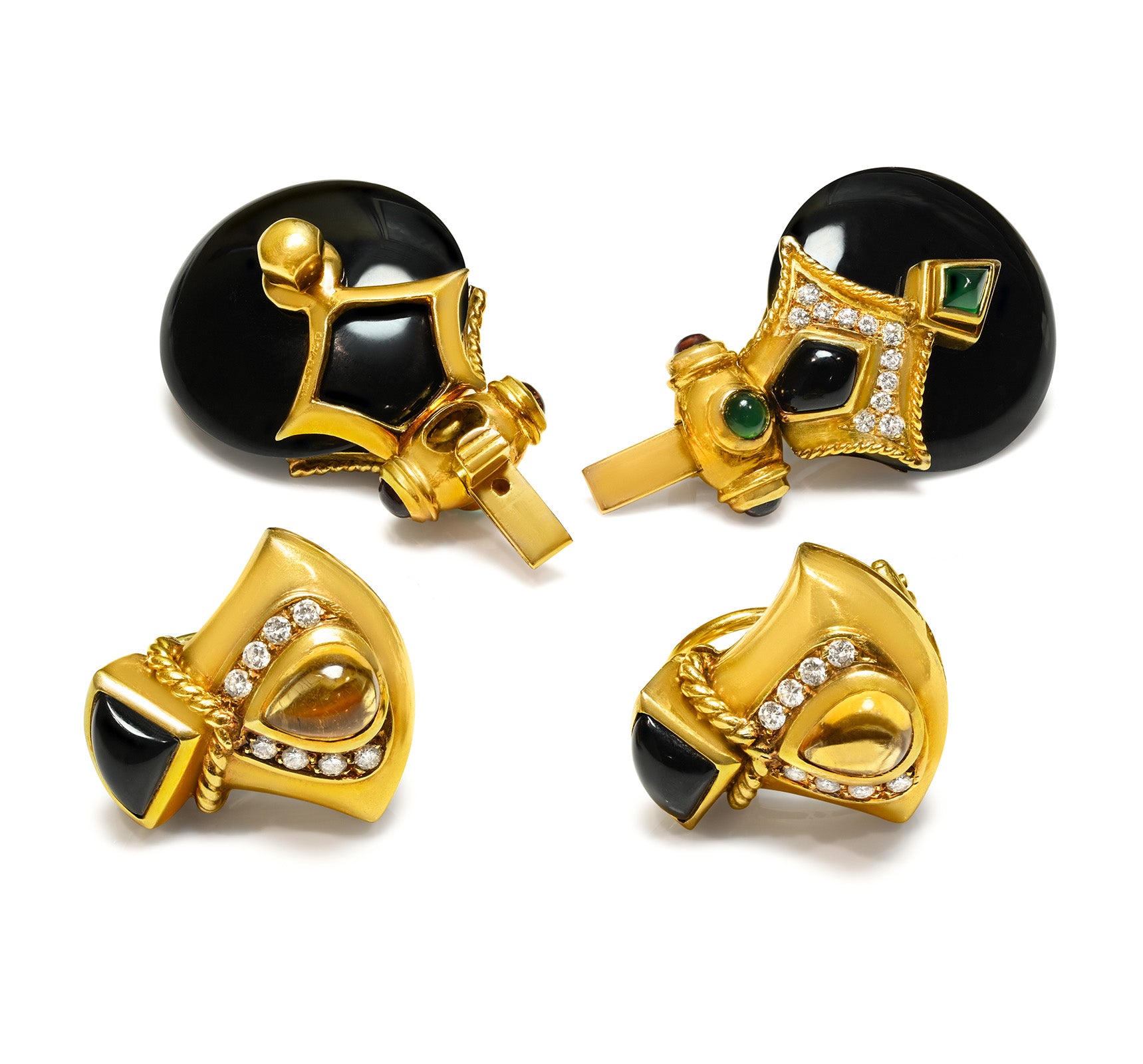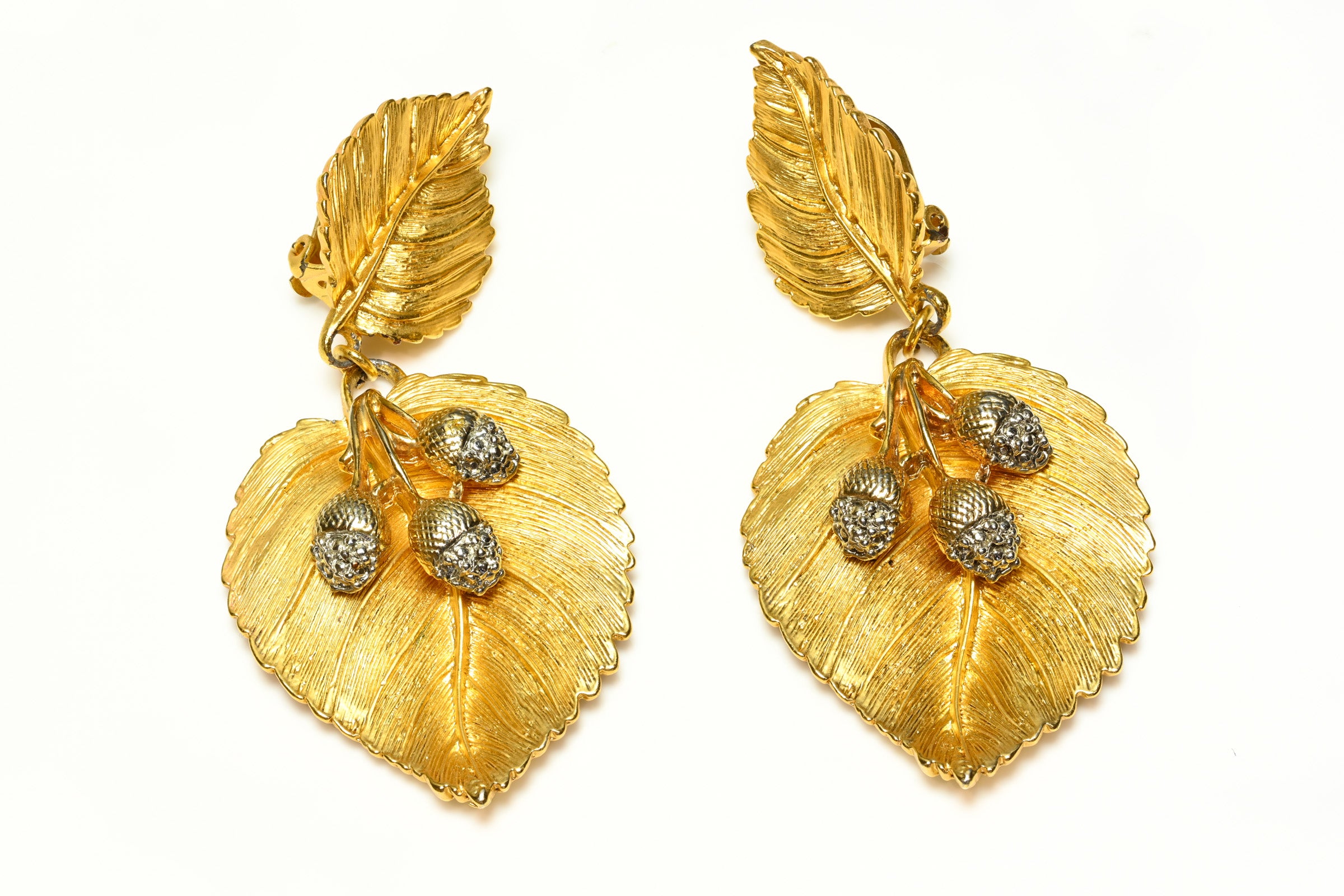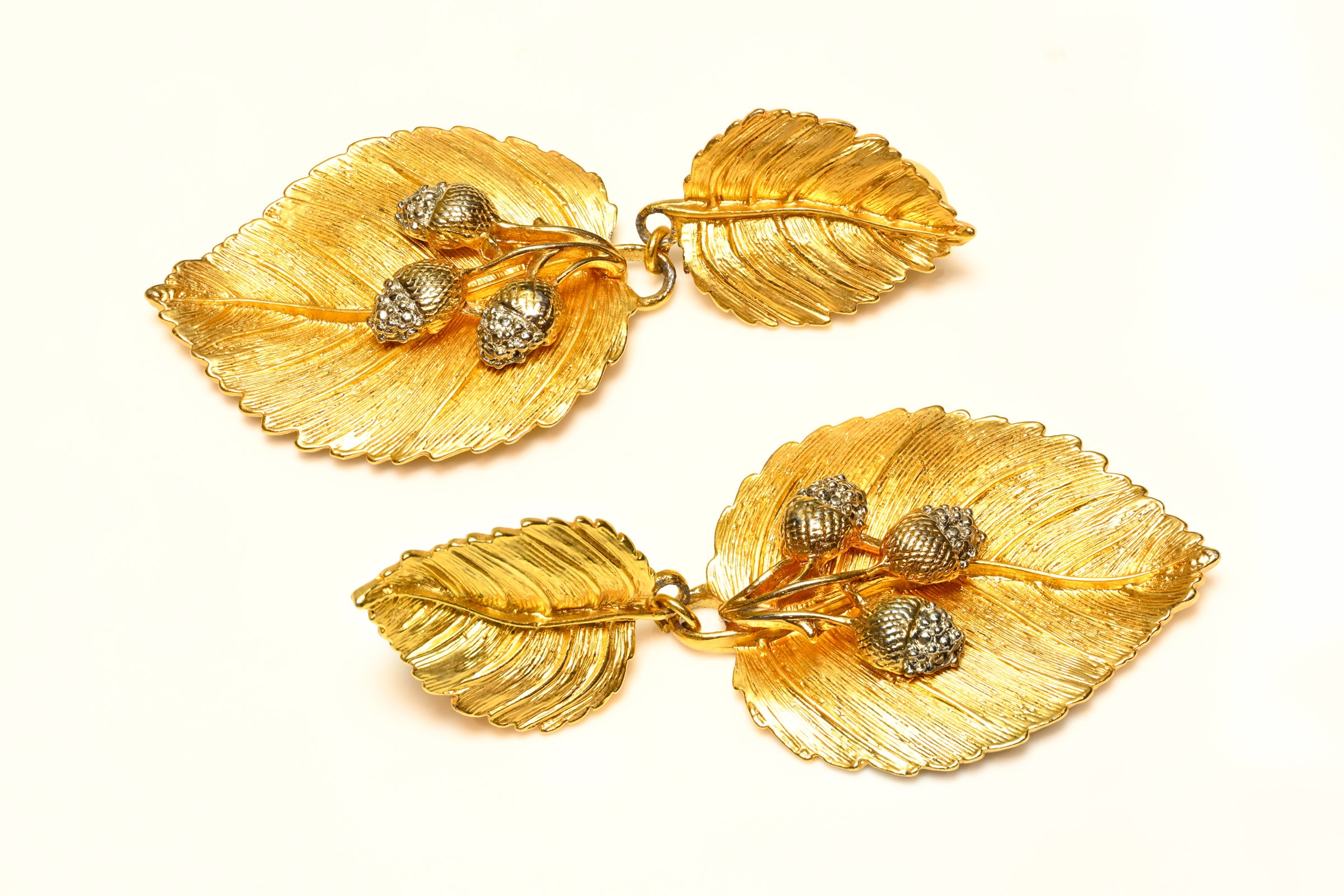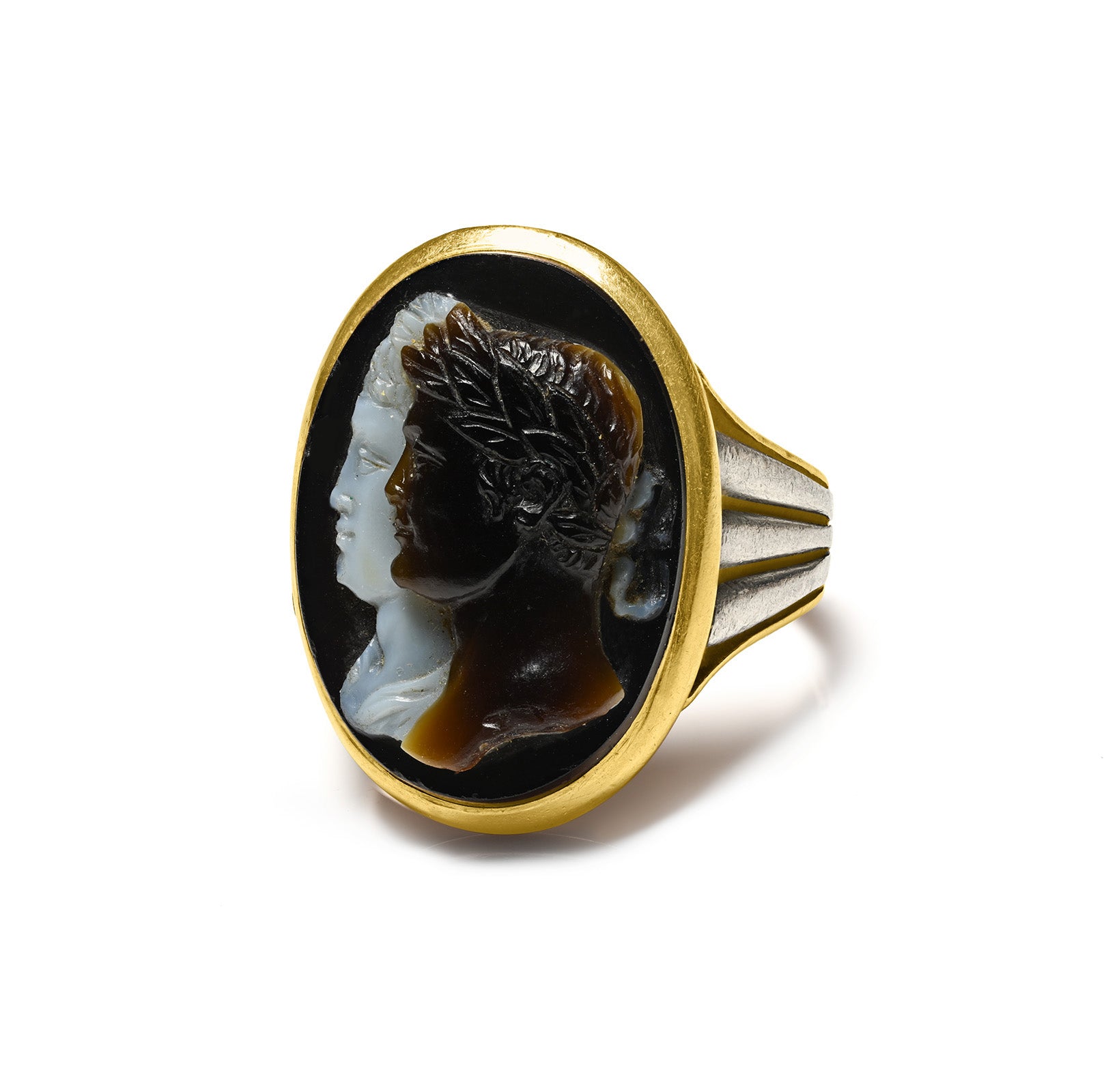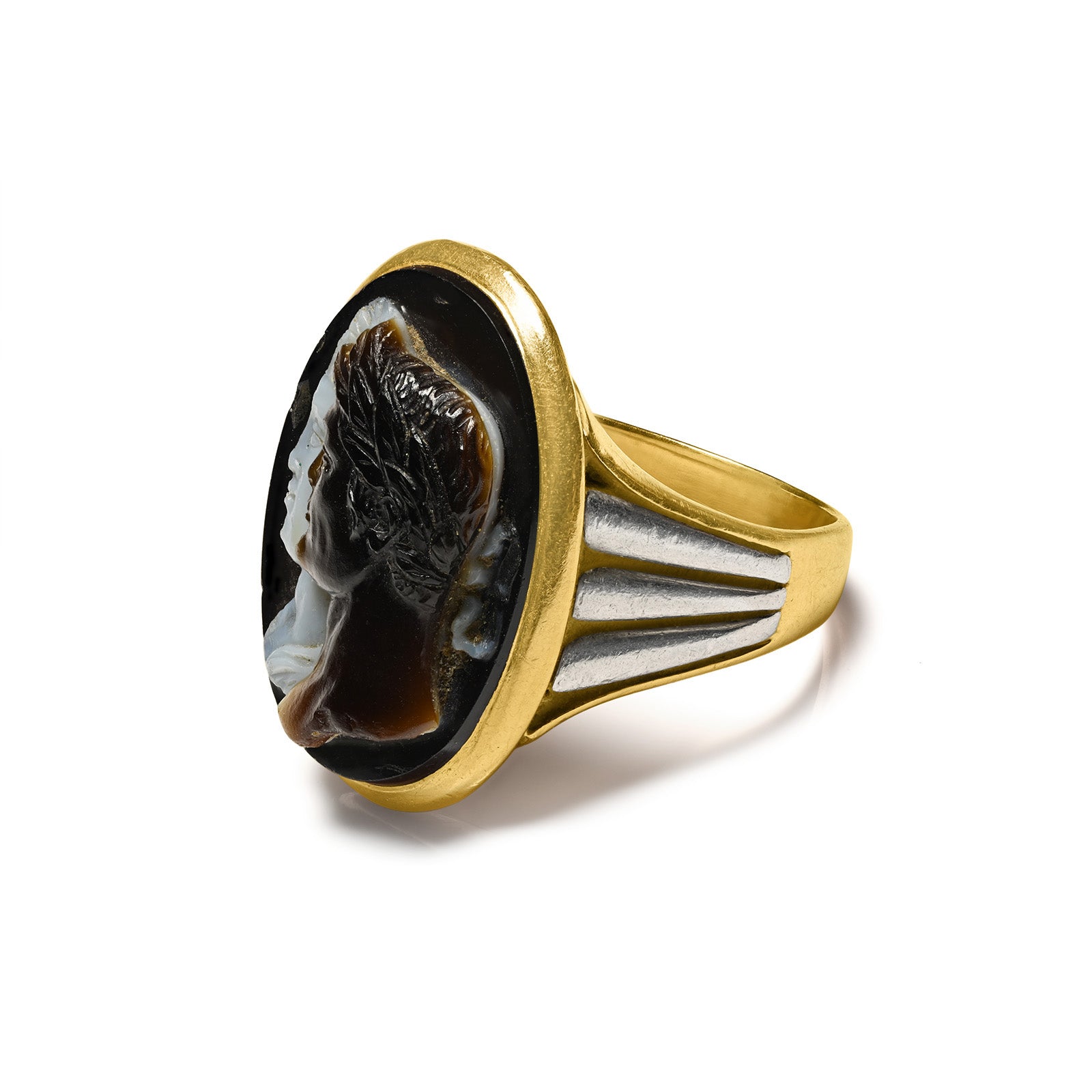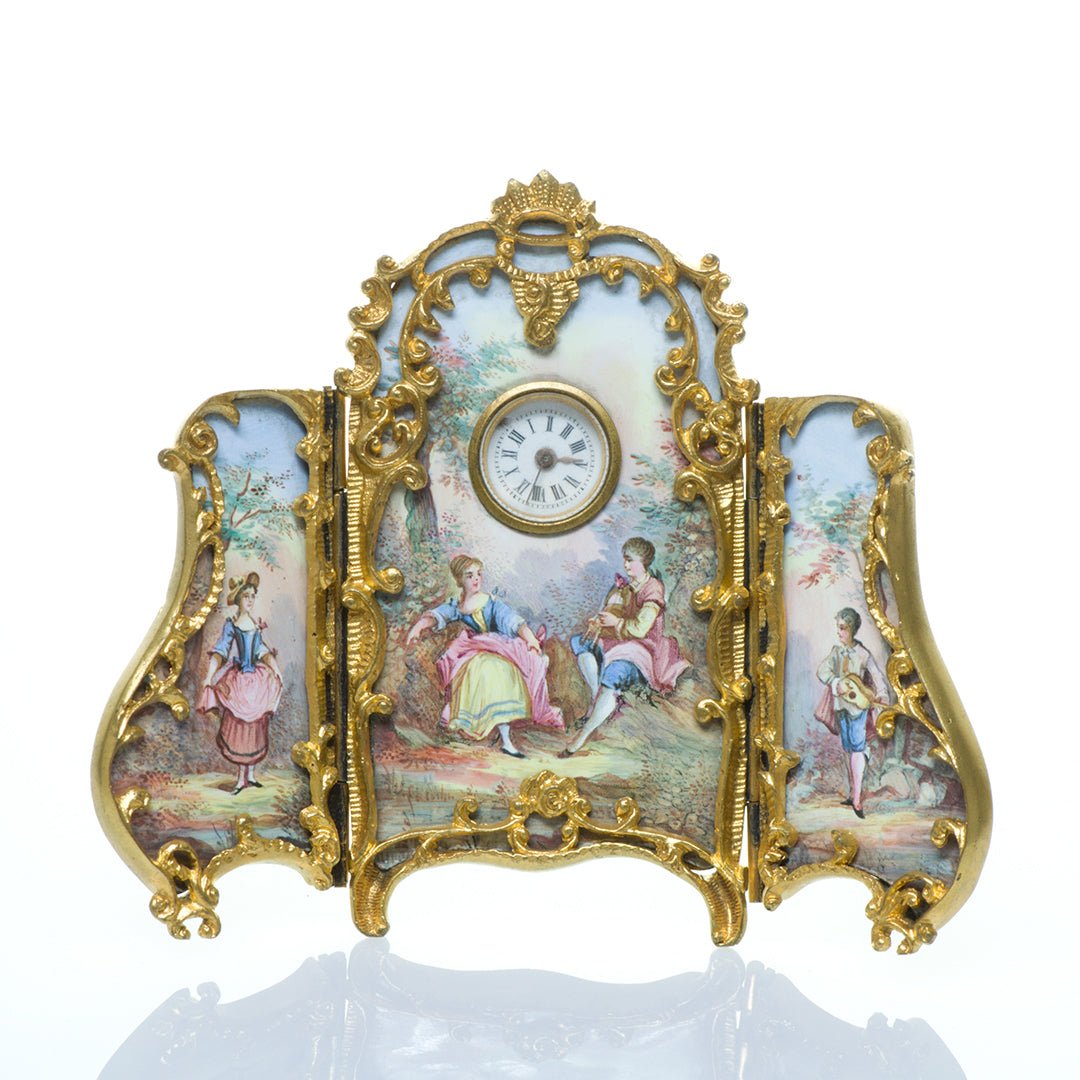
Rare Vintage Clocks: Magnificent Timekeepers
Vintage Clocks--the First Mechanical Timekeeping Creations
The time and place of the invention of the first mechanical clock remains largely unknown, allowing our imaginations to fill in the gaps. However, it's a well documented fact that public timekeepers, driven by falling weights (a kind of open, iron-framed clock, also known as a Turret clock), were in use in most European countries by the Renaissance era, at the beginning of the fourteenth century. Household use of these clocks was quite rare at the time. Hence, coming across an exceptional find such as a beautiful antique clock is well worth celebrating.
Small Watches and Travel Clocks
The next step in the development of time keeping was to reduce the dimensions of clocks to a size which made them portable so they could be used by individuals. It is believed that the personal mechanical alarm clock originated in Germany in the 15th century. Most people had to rely upon the sun and prayer-chiming bells to navigate through their days at the time. Simultaneously, more and more modifications were made to clocks which led to the invention of travel clocks.
Improvement to Travel Alarm Clocks
In the mid 1500's, Taqi al-Din Muhammad ibn Ma’ruf, an inventor from Syria, improved the alarm clock designs that existed at the time. He modified a mechanical clock to enable the clock to produce a sound at any desired time. This was achieved with the help of a peg inserted into a hole in the face of the clock. Taqi al-Din’s method later made its way throughout Western Europe.
Jaeger Lecoultre Hermes Gold Travel Clock
The Pendulum: Reshaping the World of Clockmaking
The important invention of the pendulum for the purpose of timekeeping reshaped the world of clockmaking creativity. Claims to the pendulum's invention, just as with invention of the mechanical clock itself, have long been in dispute. For the practical purposes of European clockmaking the development of the pendulum begins with the great Dutch physicist and mathematician Christiaan Huygens. Huygens's version of the pendulum was invented in December 1656. A year later Salomon Coster of The Hague obtained exclusive patent rights for making Huygens' pendulum clocks in Holland. The Fromanteels, a prominent family of London clockmakers, immediately sent their son John Fromanteel to be apprenticed by Coster. Here is an excerpt from one of London’s newspapers describing the invention in its October 27, 1658 issue:
"There is lately a way found out for making of Clocks that go exact and keep equaller time than any made without this regulator...."
Invention of Accurate Watch Mechanism
The English perfected the long case clock. For there were a number of problems in making the pendulum the truly accurate timekeeper it was to become during the course of the eighteenth century. First, the pendulum had to be lengthened and the arc of the swing to be shortened. Second, a new escapement had to be found to help shorten the arc as well as to diminish the retarding effect of the old verge escapement on the pendulum. Third, the problem of friction caused by air resistance had to be lessened as much as possible. Fourth, the effect of changes in temperature on the expansion and contraction of the pendulum had to be overcome. Thomas Tompion invented precise, practical, and enduring solutions to the first three, but not the last of these problems by the beginning of 1700.
Clockmaking History Humor
The history of magnificent timekeepers isn’t one without a certain dose of humor. Using the ingenuity of a flintlock rifle, the fully armed (!) flintlock alarm was invented in Austria in the early 1700's. At a certain time, a bell sounded and activated the flintlock's mechanism to create a spark and igniting gunpowder in a rifle. Luckily this gadget didn't fire a bullet; the charge lit a strategically placed candle, which woke the sleeper with its warm and natural glow. Needless to say, if you’re looking for a gift for firemen, go for something a bit more modern.

